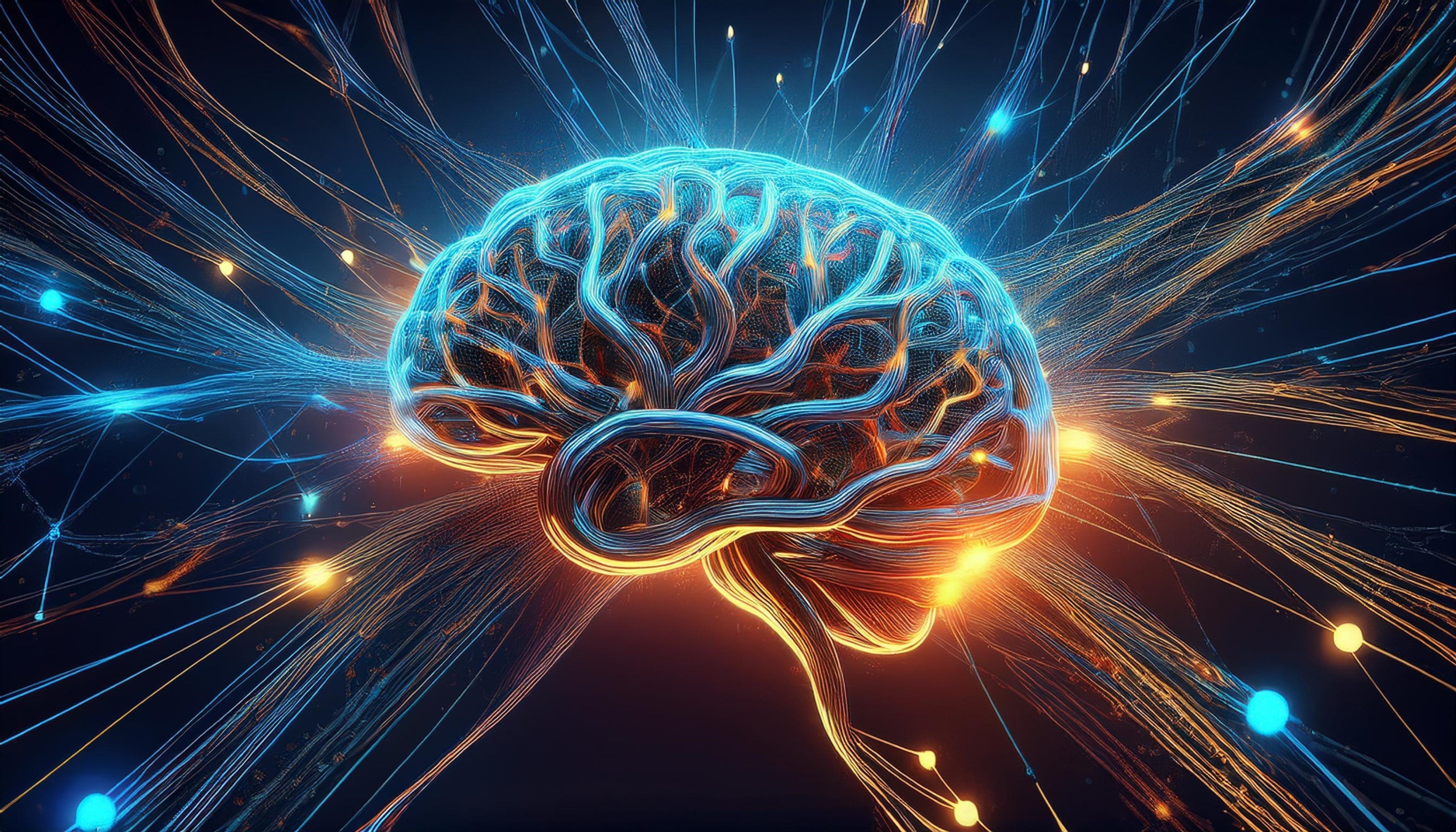
🧠Why Neurotransmitter Testing Matters
Have you ever wondered why you (or someone you love) feel off even though everything looks fine on paper? The answer may lie in your brain’s chemical messengers, also known as neurotransmitters.
If you're part of the neurodivergent community navigating ADHD, autism, chronic anxiety, depression, or sensory processing challenges, you may already sense your brain works differently. But what if those differences aren’t just behavioral? What if they're biochemical too?
That’s where neurotransmitter testing steps in as a powerful tool for insight and healing.
Symptoms That May Be Linked to Neurotransmitter Imbalances
Let’s check in. Do any of these feel familiar?
-
Persistent anxiety or “wired but tired” feeling
-
Low mood or irritability
-
Chronic stress or trouble coping with life’s pressures
-
Difficulty falling or staying asleep
-
ADHD-like symptoms (distractibility, restlessness)
-
Sensory overload or emotional dysregulation
-
Chronic fatigue despite “sleeping enough”
-
Hormonal mood swings (PMS or PMDD)
If you said yes to a few of these, it may be time to explore what’s happening under the surface.
What Causes Imbalances?
A wide range of factors can throw neurotransmitters out of balance:
-
Genetics
-
Nutritional deficiencies
-
Environmental toxins
-
Chronic stress
-
Trauma or overexposure to technology
-
Sleep disruption
-
Gut dysbiosis
Neurotransmitters: The Brain's Messaging System

Neurotransmitters are your body’s chemical messengers. They carry signals between nerve cells and influence everything from how you feel and sleep to how you focus, regulate mood, and handle stress. These chemicals fall into two broad categories:
-
Inhibitory (calming) neurotransmitters: like serotonin, GABA, glycine, and their metabolites
-
Excitatory (energizing) neurotransmitters: like dopamine, glutamate, histamine, norepinephrine, and epinephrine
What This Test Measures
The at-home neurotransmitter test (typically via urine sample) provides a window into your body’s biochemical balance by measuring key metabolites:
🧘♀️ Inhibitory (calming) biomarkers:
-
Serotonin – affects mood, calmness, and digestion
-
5-HIAA – a serotonin breakdown product
-
GABA – your anti-anxiety neurotransmitter
-
Glycine – supports muscle relaxation and sleep
⚡ Excitatory (energizing) biomarkers:
-
Dopamine – focus, motivation, pleasure
-
PEA – mental clarity and mood
-
Glutamate – memory and stimulation (but too much = overwhelm)
-
Histamine – immunity, alertness, sometimes tied to anxiety
-
Norepinephrine/Epinephrine – your “fight or flight” chemicals
-
VMA, DOPAC, HVA – breakdown markers of catecholamines
Why Nutrient Deficiencies Matter :
Here’s something most people don’t realize: your brain can’t make neurotransmitters without key nutrients.
🧠 Magnesium helps GABA function and improves sleep.
🧠 Vitamin B6 is a cofactor for converting tryptophan into serotonin.
🧠 Omega-3s help maintain brain cell membranes and regulate inflammation.
🧠 Zinc and iron are crucial for dopamine production.
If you’re missing these nutritional building blocks, your body can’t manufacture or recycle neurotransmitters efficiently, no matter how much stress relief or therapy you try. That’s why testing both neurotransmitter levels and nutrient status can be so empowering.
Why It’s a Game-Changer for the Neurodivergent Brain
The neurodivergent population often experiences sensory dysregulation, emotional intensity, sleep struggles, and focus issues. Rather than assuming these are purely behavioral, neurotransmitter testing can uncover why the nervous system might be firing this way.
For neurodivergent individuals, these imbalances may already be baked into how their nervous systems are wired. That’s why simply throwing supplements or medications at symptoms might not work long-term because we’re not always addressing the root cause.
Instead of guessing whether you need calming support (like GABA or magnesium) versus energizing support (like dopamine precursors or tyrosine), you get real, individualized data to guide you.
This test helps answer questions like:
-
“Am I really low in serotonin, or is it something else?”
-
“Is my dopamine crashing in the afternoon?”
-
“Do I need stimulation or calming?”
-
“Why do I get hangry and overstimulated so easily?”
With this knowledge, you and your practitioner can begin tailoring lifestyle, nutrition, and supplementation in ways that make sense for your unique brain.
What’s Included in the At-Home Test Kit
Taking the test is simple and stress-free. It includes:
-
🧾 Lab form
-
🧴 Urine sample strips
-
📬 Return envelope
-
✅ Collection instructions
The real magic happens in the analysis. Trained health practitioners can interpret the results and guide you toward gentle yet powerful solutions often starting with food, targeted nutrients, lifestyle shifts, or additional labs if needed.
Who Can Benefit
This test is ideal for:
-
Autistic individuals struggling with sensory overload, irritability, or shutdowns
-
Kids or adults with ADHD looking for more holistic options
-
Teens with mood fluctuations or chronic fatigue
-
Parents dealing with burnout and stress resilience issues
-
Women experiencing PMS, PMDD, or postpartum mood issues
-
Anyone who feels “off” but hasn’t found clear answers yet
It’s Not All in Your Head, it’s in Your Chemistry
Your symptoms are valid. Your feelings are real. And there might be a biological reason underneath it all.
Whether you’re on a healing journey for yourself, your child, or someone you love, neurotransmitter testing offers insight and hope. The brain is incredibly responsive once we give it the right ingredients and environment.
Ready to Explore Your Neurotransmitter Levels?
![]() If you’ve been stuck guessing what’s going on in your brain or your child’s, this test is a gentle and informative place to start. It’s not about diagnosing a disorder. It’s about restoring balance, clarity, and calm from the inside out.
If you’ve been stuck guessing what’s going on in your brain or your child’s, this test is a gentle and informative place to start. It’s not about diagnosing a disorder. It’s about restoring balance, clarity, and calm from the inside out.
✨ Your brain has a story to tell. Are you ready to listen? Order this lab or Contact me here
All contents on this website were created for informational purposes only and are not intended to be a substitute for professional advice, diagnosis, or treatment. Always seek the advice of your physician, therapist, or other qualified health providers with any questions or concerns you may have.

